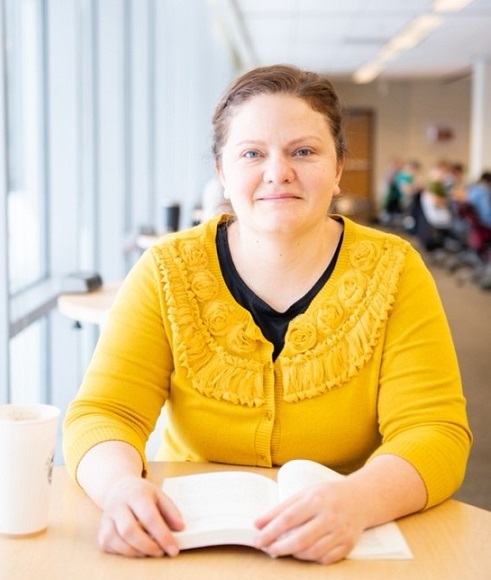SusTech Talk Sept 2024 – Application of Sustainable Technologies in the Arctic
SusTech 2025 is hosting talks on Sustainability topics.
“Unmet needs and unintended consequences: Considerations for the application of sustainable technologies in the Arctic”
with Jennifer Rachels, Alaska Engagement Lead, Idaho National Lab
Date/Time: Tuesday September 24th, 6:00 – 7:00 pm PDT
Abstract:
The application of sustainable technologies in the Arctic context requires consideration of weather extremes, the effects of permafrost thaw, and a thorough understand of microgrid management in remote regions. Many of these conditions can be replicated by modeling and other forms of data analysis. However, there are Arctic-specific challenges that aren’t part of weather or policy outcome models. Some aren’t represented in data sets at all, but are critical requirements for any project. This talk will outline some of those cultural, logistical, and community capacity factors you may wish to consider when working in the Arctic.
Date and Time
Location
Hosts
Registration
-
 Add Event to Calendar
Add Event to Calendar
Loading virtual attendance info...
Speakers
Jennifer Rachels of Idaho National Lab
Unmet needs and unintended consequences: Considerations for the application of sustainable technologies in the Arctic
The application of sustainable technologies in the Arctic context requires consideration of weather extremes, the effects of permafrost thaw, and a thorough understand of microgrid management in remote regions. Many of these conditions can be replicated by modeling and other forms of data analysis. However, there are Arctic-specific challenges that aren’t part of weather or policy outcome models. Some aren’t represented in data sets at all, but are critical requirements for any project. This talk will outline some of those cultural, logistical, and community capacity factors you may wish to consider when working in the Arctic.
Biography:
 Jennifer Rachels’ career demonstrates a lifetime commitment to public service. After serving as a Peace Corps Volunteer in Romania, she worked in the economic development and affordable housing policy arena for about ten years. From 2009-2014, Jennifer served in the active duty Army and in the Hawai’i National Guard, in jobs associated with the Army Corps of Engineers. From Hawai'i Pacific University, Jennifer obtained an MBA/MA in Sustainability, while working full time for the Navy on an infrastructure development project. As a grad student, she was also a KUPU RISE Fellow for sustainability, researching energy efficiency and consumer decision making for small businesses and the working poor. Jennifer is currently a PhD candidate at Michigan Tech, where she studies the workforce of the energy sector. In 2021, she was named a Truman National Security Project Policy Fellow. From July 2022 to February 2023, she was an ORISE Fellow with the Department of Energy's Office of International Affairs, Office of Africa and the Middle East. Currently, she works for Idaho National Lab, as the Alaska Engagement Lead. She also teaches Arctic Policy and policy theory at University of Alaska Anchorage.
Jennifer Rachels’ career demonstrates a lifetime commitment to public service. After serving as a Peace Corps Volunteer in Romania, she worked in the economic development and affordable housing policy arena for about ten years. From 2009-2014, Jennifer served in the active duty Army and in the Hawai’i National Guard, in jobs associated with the Army Corps of Engineers. From Hawai'i Pacific University, Jennifer obtained an MBA/MA in Sustainability, while working full time for the Navy on an infrastructure development project. As a grad student, she was also a KUPU RISE Fellow for sustainability, researching energy efficiency and consumer decision making for small businesses and the working poor. Jennifer is currently a PhD candidate at Michigan Tech, where she studies the workforce of the energy sector. In 2021, she was named a Truman National Security Project Policy Fellow. From July 2022 to February 2023, she was an ORISE Fellow with the Department of Energy's Office of International Affairs, Office of Africa and the Middle East. Currently, she works for Idaho National Lab, as the Alaska Engagement Lead. She also teaches Arctic Policy and policy theory at University of Alaska Anchorage.
Address:Anchorage, United States
Agenda
6:00 pm Introduction
7:00 pm end

